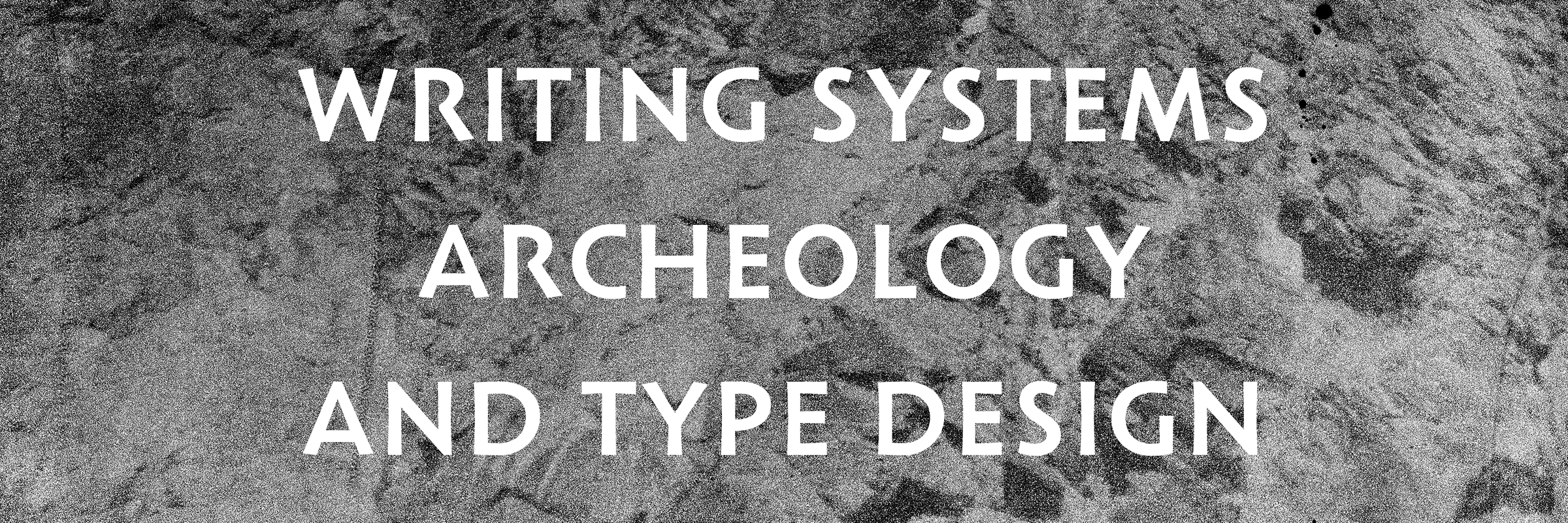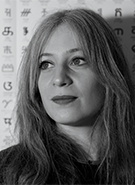
Writing systems, Archeology and Type Design.
with
Morgane Pierson
There are more than 293 writing systems in the world. All have evolved organically over time or transformed to different geographical preferences, revealing a compelling narrative of human history. Each of these writing systems is a unique testimony to the richness of cultural and writing history and poses a multifaceted challenge when it comes to accessing, displaying, or transcribing them in our digital age.
Currently, only half of the world's writing systems are encoded in Unicode, underscoring the complexity of the task at hand. In addition, existing typesetting tools need to be optimised to ensure precision in graphical morphology, improve source traceability and facilitate indexing capabilities for effective textual research. Addressing these challenges is essential to meet the demands of historical fields and requires further research and more diversity in typefaces.
This presentation will attempt to show how the study of these as yet unencoded or disadvantaged writing systems highlights the crucial role of the design and digitisation process in preserving cultures and disseminating knowledge, particularly in a scholarly context.
The Herb Lubalin Lectures are recorded and made available here and on Vimeo with the generous support of TypeCulture.
About Morgane Pierson

Morgane Pierson is a freelance type designer specializing in ancient, disadvantaged, or non-encoded writing systems. After training as a graphic designer, she joined The Missing Scripts Project in 2017 as a student researcher at the Atelier National de Recherche Typographique in Nancy (France) where she also conducted a research about Nsibidi, picto-ideograms from Nigeria while working on the World’s Writing Systems poster and website.
In 2018, she designed the first digital font for Elymaic, an ancient writing system from present-day Iran, which is now published by Google. M. Pierson has been working in partnership with the National Library of France within the PIM project since 2019, and is now studying some of the earliest inscriptions written in Arabic.
